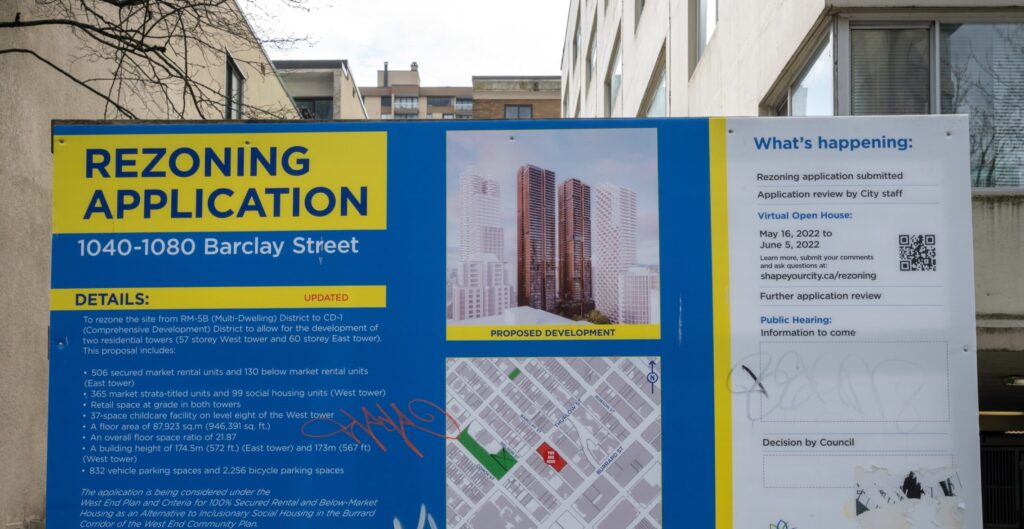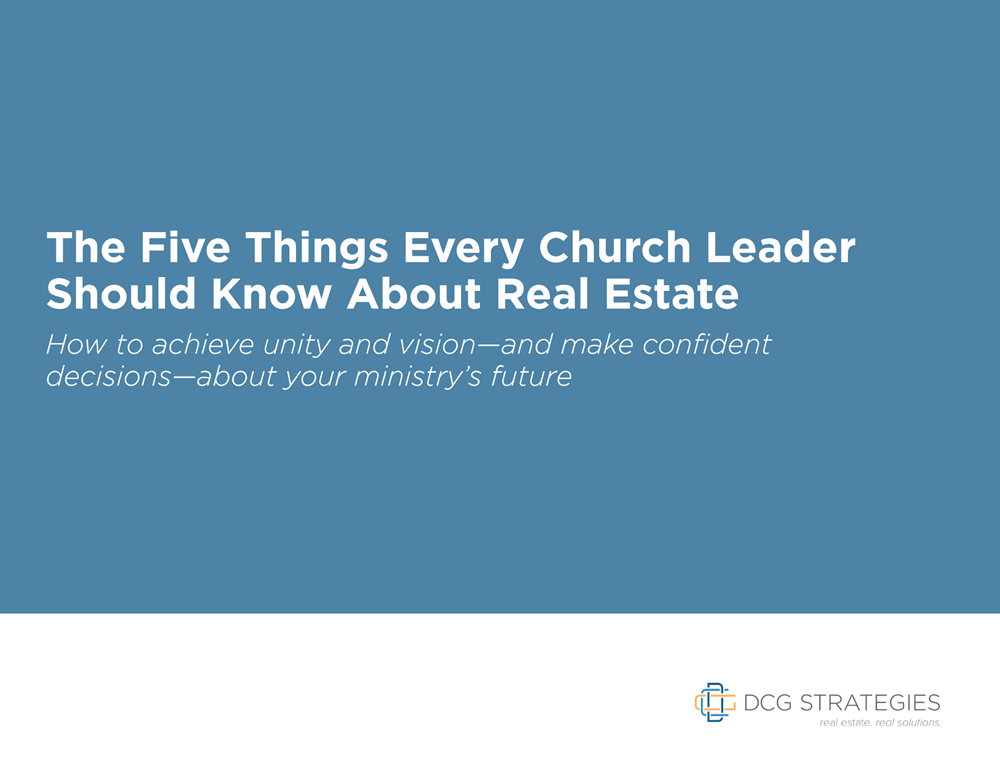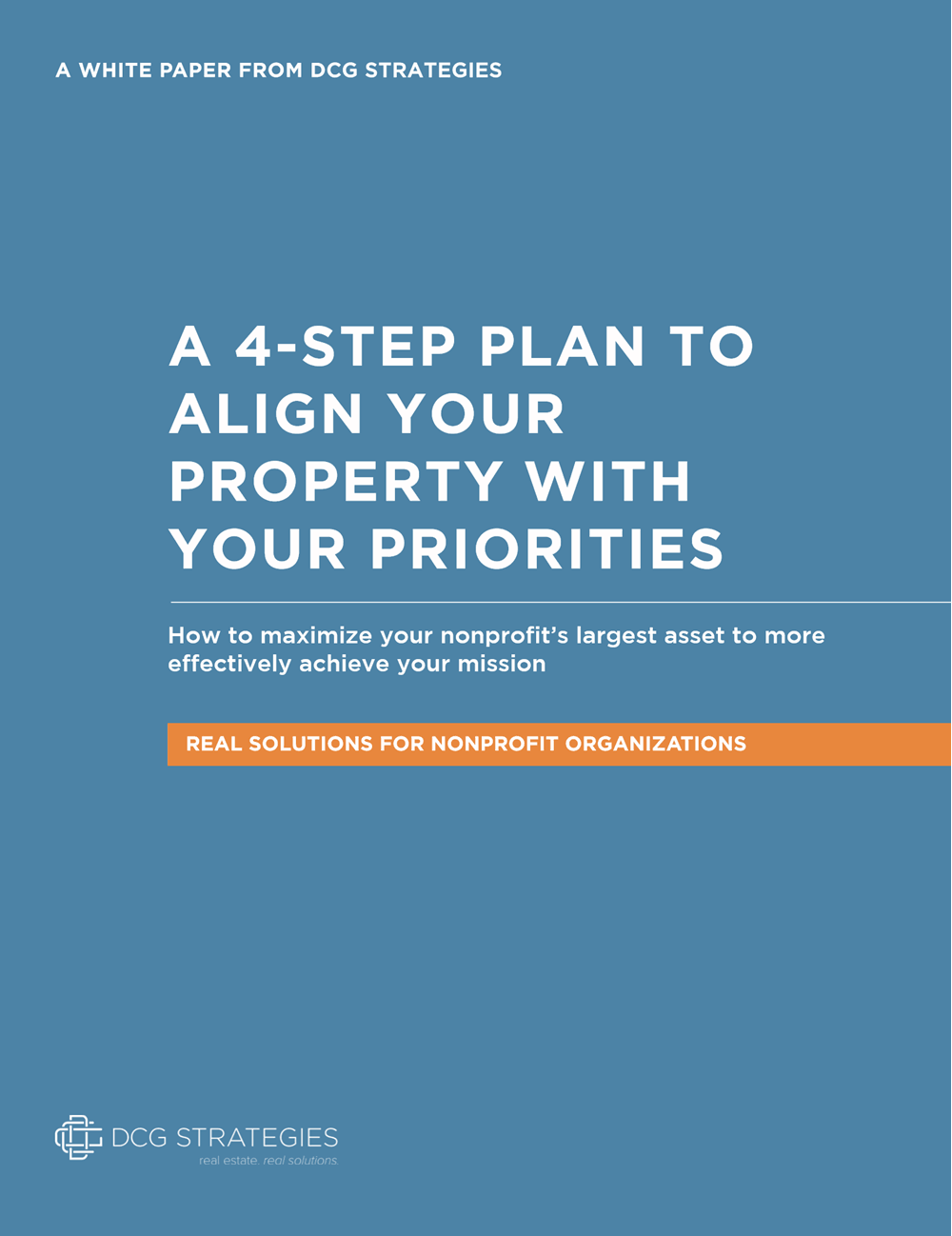By DCG Strategies, Inc. | October 11, 2023 – updated October 12, 2023
California is still in a housing crisis. New State and local initiatives could make it easier for affordable housing developments to get started on land owned by religious institutions and non-profit colleges.
What the New CA State Legislation (SB-4) Means for Churches
In September 2023, California lawmakers voted to make it easier for churches and other religious institutions to develop affordable housing on their lands. And on October 11, the bill, SB-4, was signed into law by Governor Newsom.
The new law allows churches to bypass most of the local permitting and environmental review rules that can be a lengthy and costly part of the development process.
Now that the legislation has become law, qualifying land owned by nonprofit colleges and religious institutions, such as churches, mosques and synagogues, are zoned to allow for housing development “by right.” This is important because many religious institutions are located on properties that are zoned for commercial or industrial uses (requiring a zoning change to allow for housing). The legislation applies only to developments that consist of 100% affordable housing.
By simplifying the often complex and costly permitting and zoning procedures, the law allows churches to redirect resources towards the construction and maintenance of affordable housing. This can significantly reduce the financial burden associated with such projects.
Starting in 2024, qualifying institutions can bypass most local permitting and environmental review rules that can be costly and lengthy. The law is set to sunset in 2036.

The new legislation simplifies the permitting process for affordable housing developed on church property.
What does this mean for California’s Housing Crisis?
According to Scott Weiner’s office, the Senator who authored the bill, the Terner Center estimates that the law opens over 170,000 acres for affordable housing. That study can be found here.
The Fine Print: A Summary of the key impacts of the new law:
- New, streamlined approval process: New housing projects would go through a ministerial process, bypassing the California Environmental Quality Act (CEQA) and subjective local design standards. SB-4 includes detailed zoning and density regulations, including provisions for developments located in zones that do and do not allow residential uses.
- Density: The law allows for a baseline density level, with an option to seek further increases through state density bonus law.
- Height specifications: The allowed height is the greater of one story above the maximum already applicable to the site or the height of any adjacent parcel.
- Affordability criteria: The law includes specific affordability criteria, specifically that 100 percent of the units be affordable to lower-income households, with exceptions that 20 percent of the units may be for moderate-income households and 5 percent of the units may be for staff of FBO or college institutions.
Parking: SB 4 limits required parking to one space per unit, and would be applicable in the California Coastal Zone. - Ground floor: SB-4 also allows for various ground-floor ancillary uses, including childcare centers and community-based organizations, in single-family zones as part of the development.
- Projects are subject to labor standards: Projects that are eligible for SB-4 incentives would be subject to labor standards established in Assembly Bill 2011 (2022). These standards mandate that construction projects with more than ten units adhere to prevailing wage requirements for all workers and provide healthcare benefits. Developments involving more than 50 housing units must engage contractors and subcontractors that either participate in a state-approved apprenticeship program or request apprentices from such a program.
Current Status of the Bill
On October 11, 2023, Governor Gavin Newsom signed the bill into law. Here is more information about that change.
Ready to take the next step?
DCG’s mission and passion is to help religious institutions through complex real estate process, along every step of the way.
Please get in touch with us today to schedule an informational interview and learn how we can help you in the development process.
Email us at [email protected] or call us at (925) 479-1350. We look forward to hearing from you!






